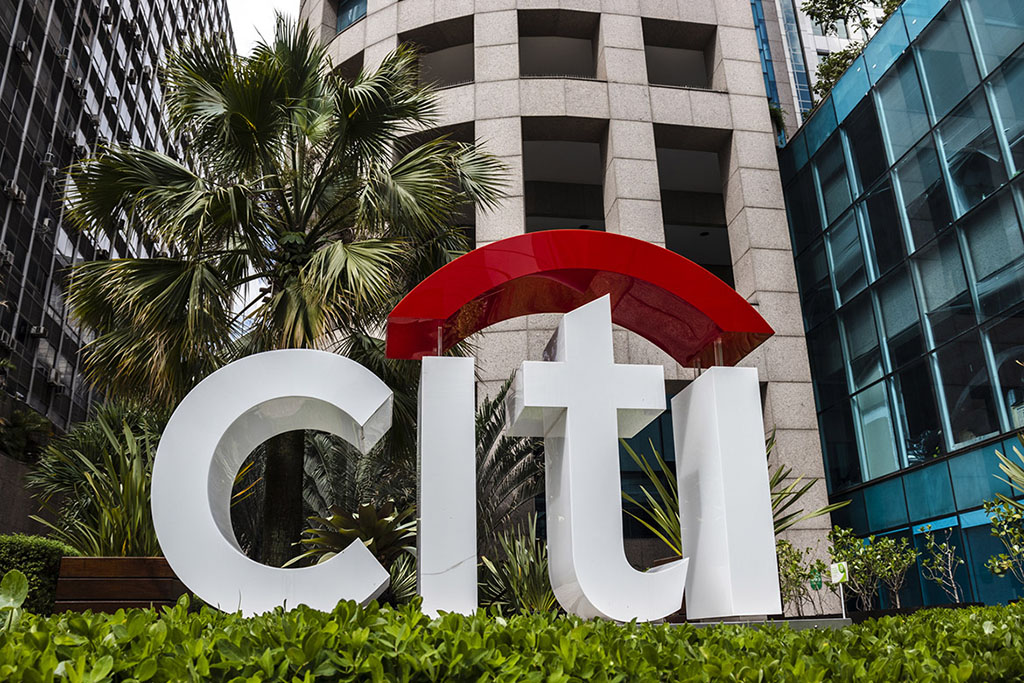
With over 3 years of crypto writing experience, Bena strives to make crypto, blockchain, Web3, and fintech accessible to all. Beyond cryptocurrencies, Bena also enjoys reading books in her spare time.
Bitcoin’s volatility should decrease over the long term as institutions deepen their involvement, Citi pointed out.

The long-standing relationship between stocks and cryptocurrency markets is poised for a shift, according to Citi, as reported by CoinDesk. The Wall Street giant noted in a Monday research report that the correlation between equities and crypto will likely weaken over time.
While equities have dominated crypto market movements, Citi believes this connection will fade as digital assets mature. Increased institutional involvement, technological advancements, and broader adoption will contribute to that decoupling. However, Citi warned that during periods of financial uncertainty, crypto could still move in tandem with risk assets.
“A more transparent regulatory regime in the US will also lead to more idiosyncratic price action,” analysts led by Alex Saunders wrote.
Citi pointed out that Bitcoin’s BTC $79 823 24h volatility: 3.9% Market cap: $1.58 T Vol. 24h: $44.21 B volatility should decrease over the long term as institutions deepen their involvement. The report also noted a key milestone — crypto was the only asset class that expanded its market cap relative to US equities last year.
Bitcoin’s correlation with gold has also drawn attention. Citi suggested that this relationship could signal an emerging “store of value use case” for the leading cryptocurrency. With gold traditionally viewed as a hedge against inflation and economic instability, Bitcoin’s increasing alignment with it could reshape perceptions of digital assets.
One fundamental difference between equities and crypto is the way supply is managed. Companies can adjust the supply of their stocks through buybacks or additional share issuances. In contrast, Bitcoin’s supply is capped, with halving events reducing the number of new coins entering circulation every four years.
While Citi sees crypto moving away from equities, JPMorgan analysts offered a different angle. In January, JPMorgan observed that Bitcoin exhibited its highest correlation with small-cap tech stocks, particularly in the Russell 2000 tech sector. This link becomes especially strong during major market swings, such as sharp rallies or sell-offs.
Nikolaos Panigirtzoglou, managing director at JPMorgan, pointed out that this pattern extends beyond Bitcoin. Many altcoins also display similar behavior, though their correlation with tech stocks is generally weaker. The correlation trend is due to crypto’s dependence on venture capital and its alignment with smaller tech firms focused on innovation.
The Russell 2000 Index, which tracks 2,000 of the smallest publicly traded US companies, serves as a key benchmark for measuring that relationship. The high correlation suggested that investors treat crypto assets similarly to speculative tech stocks, especially during market uncertainty.
Disclaimer: Coinspeaker is committed to providing unbiased and transparent reporting. This article aims to deliver accurate and timely information but should not be taken as financial or investment advice. Since market conditions can change rapidly, we encourage you to verify information on your own and consult with a professional before making any decisions based on this content.

With over 3 years of crypto writing experience, Bena strives to make crypto, blockchain, Web3, and fintech accessible to all. Beyond cryptocurrencies, Bena also enjoys reading books in her spare time.




